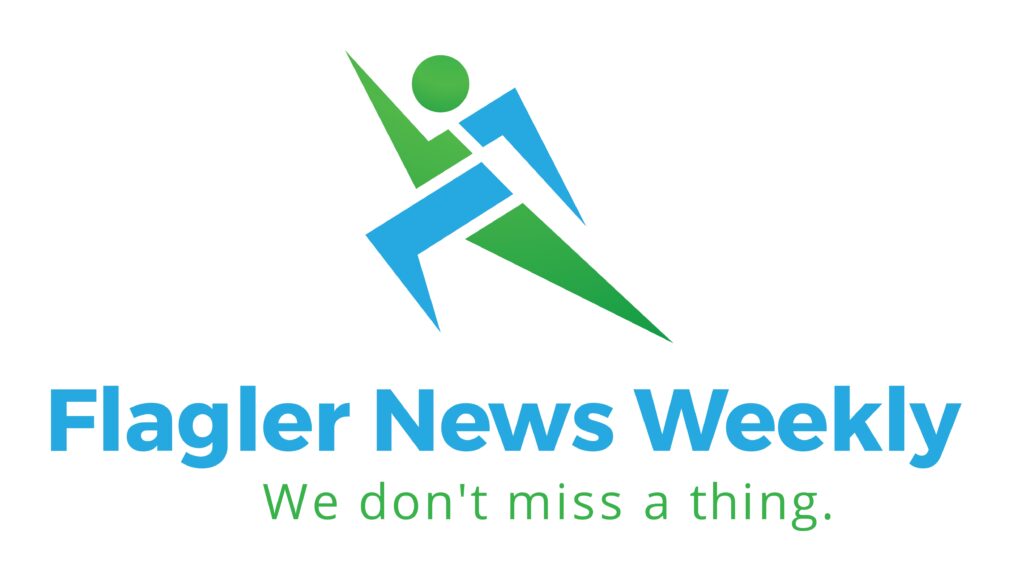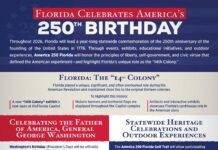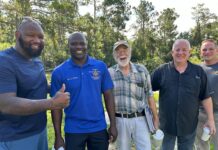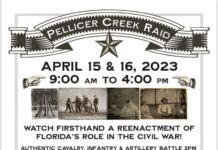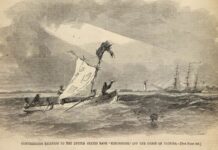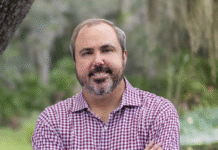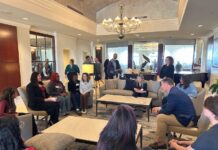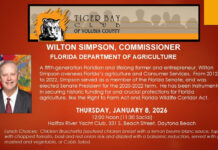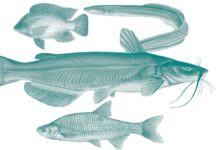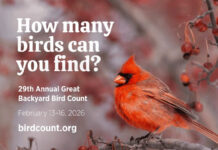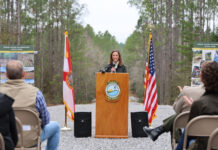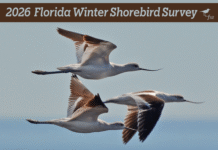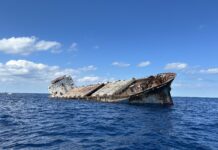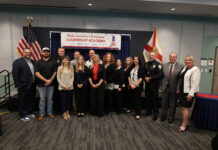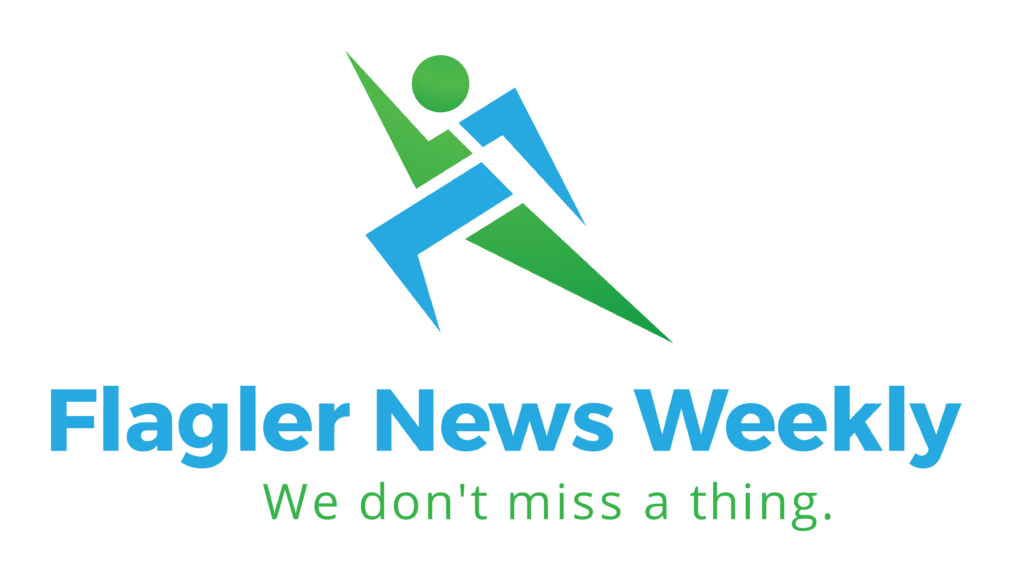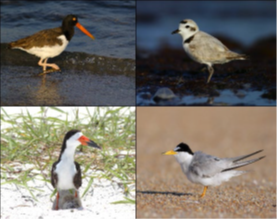
FWC is seeking public feedback on draft Species Conservation Measures and Permitting Guidelines (guidelines) for four state-listed beach-nesting bird species including the American oystercatcher (Haematopus palliatus), snowy plover (Charadrius nivosus), black skimmer (Rynchops niger) and least tern (Sternula antillarum). Pending Commission approval, the guidelines will be incorporated into Florida Administrative Code Rule 68A-27.003.
Species Conservation Measures and Permitting Guidelines are intended to promote voluntary conservation and minimize impacts by providing information on species’ range, survey methodology and voluntary practices that can benefit the species. All four species of state-listed beach-nesting birds are included in one set of draft guidelines, for which public comment is now open.
These four species face a number of threats, including human-related disturbance, habitat loss, habitat alteration, and predation. Habitat loss and degradation associated with coastal development has, in some areas, largely restricted these species to stretches of beach within parks and preserves. These birds are particularly sensitive to human disturbance. For example, one beach goer walking their dog near a colony of nesting seabirds can cause all the birds to panic and subsequently leave their nests dangerously exposed to the hot sun and predators.
Species Conservation Measures and Permitting Guidelines can help stakeholders understand when activities they conduct could result in injury to these species and under what circumstances an incidental take permit from FWC is needed. The guidelines also outline how to minimize or mitigate for take authorized by permit. For example, impacts from construction on the beach during shorebird breeding season may be minimized through use of a qualified bird monitor. Professional bird monitors work to ensure that vehicles and equipment do not disturb nesting birds or crush eggs or young. The FWC is encouraging individuals and environmental consultants to develop the skills to become qualified bird monitors to meet the needs for this important role as we move toward guidelines implementation. FWC staff will be organizing events over the coming year to promote training and recruitment of qualified bird monitors.
Key information included in the guidelines is being presented at public webinars in September and October. The webinars also offer an opportunity for public questions and feedback. The last webinar will take place Monday, October 11, 12 p.m.-1 p.m. (ET). To learn more about how to attend visit: MyFWC.com/Shorebirds. A copy of the draft guidelines is available on the website, and a copy of the webinar presentation will also be posted there once available.
Written comments will be accepted until October 17, 2021. Email comments to Imperiled@MyFWC.com. If you would like to comment but are unable to do so in the specified timeframe, or if you require an alternate format in which to comment or review the draft guidelines, contact Imperiled@MyFWC.com.
Photo: Sarasota Magazine
